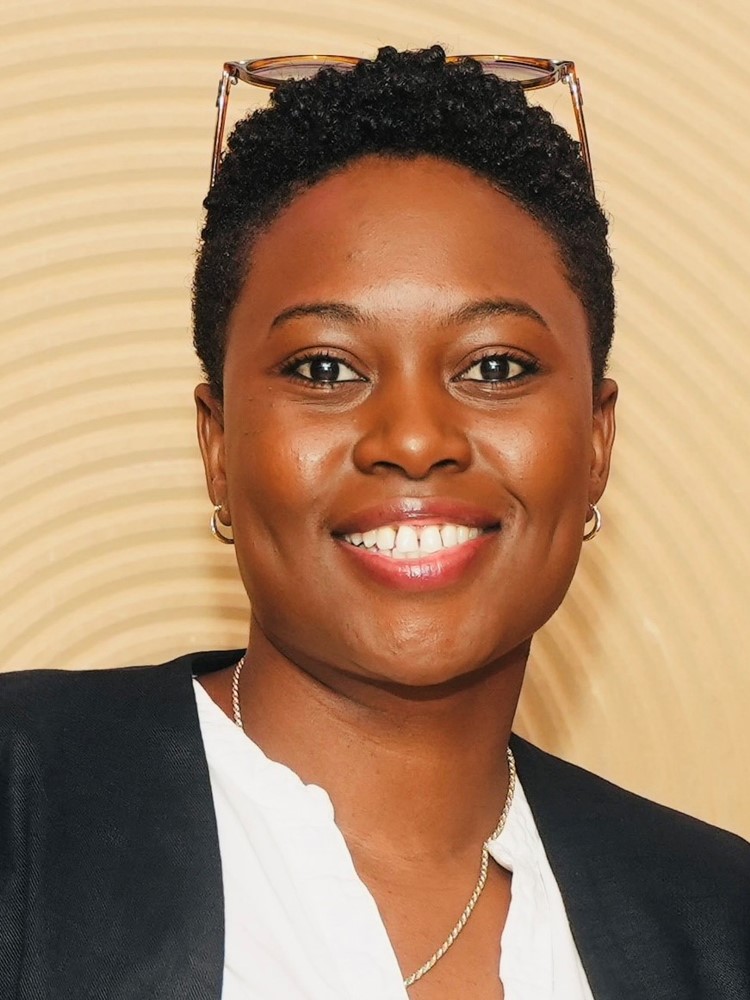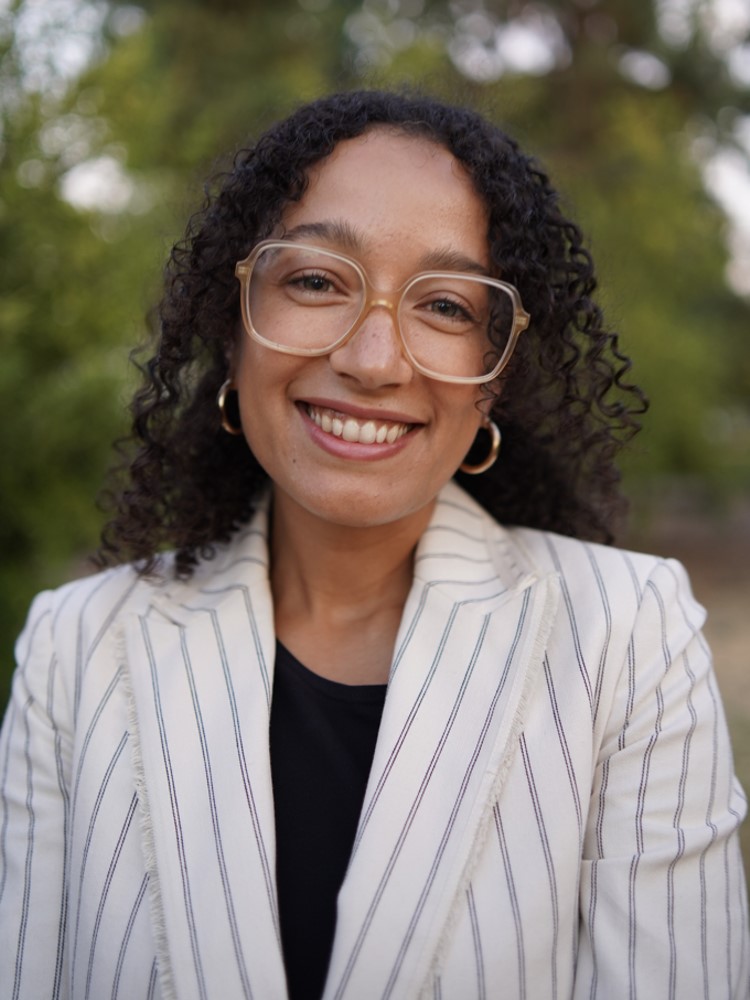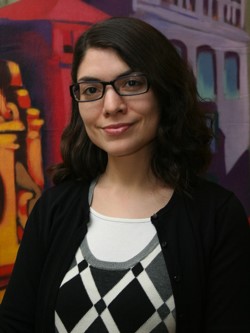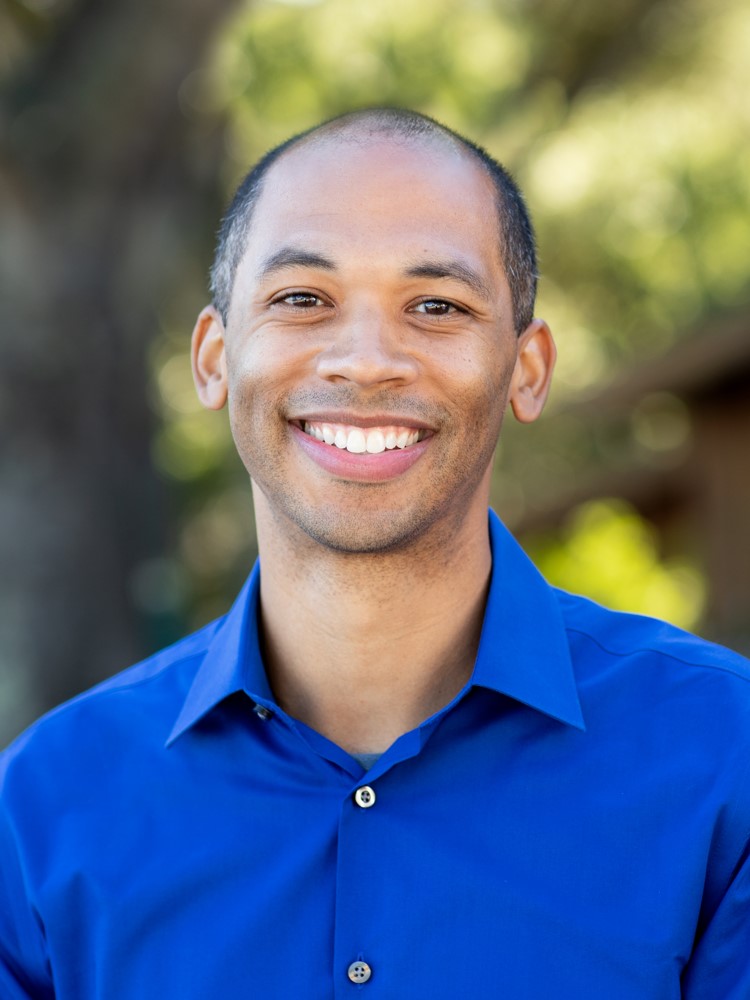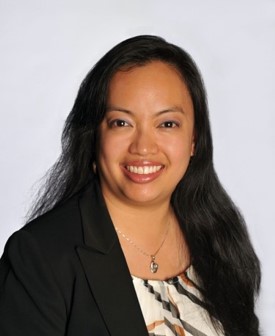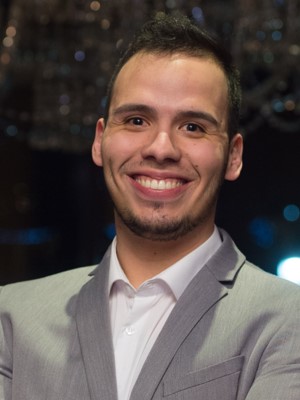Get to know GCIR staff and board members as they share their expertise and unique perspectives on key issues impacting immigrant, refugee, and asylum seeker communities.
Staff Features
When you are a Black child in Africa, often the narrative is that our dreams are not valid. However, I am a Zambian who was born and raised on the Continent and was exposed to a multitude of experiences ranging from extreme poverty to traveling to several countries before I turned ten, while also being fortunate enough to play with school friends who came from all over the world. These experiences were critical to instilling confidence in me that my dreams were indeed valid and – even though it is perceived that the Western world and global north holds all the power and resources – what we as Africans had was in fact enough to be happy. However, when I moved to America, those common perceptions started to feel very real, while the dreams seemed nearly impossible.
What do we hope to accomplish? What will success look like? What will it take to get there? These are some of the questions I grapple with as GCIR’s Programs Learning Manager. My position is new, reflecting the organization’s commitment to proactive learning throughout our work. In a nutshell, I aim to support the team in building evaluative capacity, including through the design (and constant iteration) of ways of working that make it easy for people to engage meaningfully in learning processes.
As I reflect on what brings me to this work, I am reminded that these roots run deep. As a Puerto Rican brought up in the United States, I was raised with an awareness of our nation’s history of colonialism and at times violent intervention in Latin America and beyond. I saw how the U.S. government had fought to ensure that the political and economic arrangements in Latin American countries suited its own interests, while then abdicating responsibility for the resulting destabilization.
As a native-born U.S. citizen working in the movement for immigrant justice, I often reflect on what brought me to this work out of the many social justice issues that demand our attention. Navigating the immigration system alongside my wife who immigrated from Albania to pursue her dreams of a better future opened my eyes to the complex and often challenging immigrant experience in America.
As the daughter of a Chinese-Thai father and a Filipina mother, I struggled with stereotypes of Asian American/Pacific Islanders (AAPIs), including being perceived as a “perpetual foreigner.” When I was in kindergarten, my parents offered me the choice of learning Thai or Tagalog. However, my classmates were already teasing me because of my perceived otherness, and I roundly rejected learning another language because I was “American.” I received compliments about how “well” I spoke English. And questions such as “Where are you from?” followed by “Where are you really from?” when my answer was unsatisfactory for my interrogator, started to trigger me.
I often find myself going back to Davis’ words, especially on days when progress feels so excruciatingly slow and hopelessness begins to set in. Lately this has come in the form of news headlines of another school shooting and continued disappointment with elected officials for not delivering on their promises. Yet Angela Davis’ quote not only reminds me that the fight toward a liberated world takes time, but also that, even on the most difficult days, you must be as bold and far reaching as possible. After all, there is a role for everyone, including those of us in philanthropy, in the long-term fight for equity and justice. Given the considerable influence and power of philanthropy – a $90 billion sector – funders are well-positioned to play a key role in its radical transformation.
